Curiosities of Venezuela, a country located on the northern coast of South America, is characterized by its diverse landscapes, rich cultural heritage, and unique historical and natural features. From the mighty Angel Falls to the vibrant rhythms of salsa, Venezuela offers a tapestry of striking curiosities that set it apart. In this exploration, we delve into some of the most distinctive aspects that make Venezuela a unique and fascinating nation.
Angel Falls:
Angel Falls, the world’s highest uninterrupted waterfall, is a natural wonder that epitomizes Venezuela’s breathtaking landscapes. Cascading from the tabletop mountain Auyantepui in Canaima National Park, the falls plunge for over 3,200 feet, creating a mesmerizing spectacle surrounded by lush rainforest.
Orinoco River:
The Orinoco River, one of the longest rivers in South America, flows through Venezuela, shaping the country’s geography and providing a lifeline for diverse ecosystems. The river basin is home to unique flora and fauna, including the endangered Orinoco crocodile and the elusive Amazon river dolphin.
Los Roques Archipelago:
The Los Roques Archipelago, a national park comprising over 300 islands and cays, is renowned for its pristine white-sand beaches, crystal-clear waters, and vibrant coral reefs. The archipelago’s natural beauty and biodiversity make it a haven for marine life and a sought-after destination for snorkeling and water sports.
Carnival of El Callao:
The Carnival of El Callao is one of Venezuela’s most celebrated and vibrant festivals. Held in the mining town of El Callao, the carnival features elaborate costumes, lively music, and energetic dance performances. It is a cultural expression that reflects the country’s Afro-Venezuelan heritage and the spirit of celebration.
Roraima:
Mount Roraima, a towering tepui (tabletop mountain) located in the Gran Sabana region, is a geological marvel and an inspiration for Sir Arthur Conan Doyle’s novel “The Lost World.” The unique ecosystems on the summit, including endemic plant species, contribute to the mystique of this ancient formation.
Merida Cable Car (Teleférico de Mérida):
The Merida Cable Car, one of the highest cable cars in the world, provides breathtaking views of the Andes mountain range. Connecting the city of Merida with the Pico Espejo summit, the cable car journey offers a panoramic perspective of Venezuela’s diverse landscapes, from lush valleys to snow-capped peaks.
Canaima National Park:
Canaima National Park, a UNESCO World Heritage Site, encompasses a vast area of diverse ecosystems, including dense rainforests, tepuis, and waterfalls. The park is not only home to Angel Falls but also features unique flora and fauna, such as the carnivorous pitcher plant and the Canaima campion.
Afro-Venezuelan Culture:
Venezuela has a vibrant Afro-Venezuelan culture that is expressed through music, dance, and religious practices. Traditional Afro-Venezuelan music genres like joropo and tambor are deeply rooted in the country’s history, celebrating the resilience and contributions of the Afro-descendant communities.
Salsa and Afro-Latin Rhythms:
Venezuela is known for its vibrant music scene, and salsa, along with other Afro-Latin rhythms, holds a special place in the country’s cultural heritage. The infectious beats of salsa are heard in festivals, celebrations, and dance clubs across Venezuela, showcasing the fusion of African, indigenous, and European influences.
Medanos de Coro:
The Medanos de Coro, sand dunes located near the city of Coro, create a surreal landscape in stark contrast to the surrounding plains. The shifting dunes, sculpted by the wind, offer a unique environment for exploration and photography.
Catatumbo Lightning:
The Catatumbo Lightning, an atmospheric phenomenon that occurs at the mouth of the Catatumbo River, is one of the world’s most prolific lightning displays. Known as the “Lighthouse of Maracaibo,” the lightning storms are a natural spectacle that lights up the night sky, often with hundreds of lightning strikes per hour.
Venezuelan Arepas:
Arepas, a staple of Venezuelan cuisine, are versatile cornmeal patties that can be filled with a variety of ingredients such as cheese, ham, or avocado. These delicious and portable snacks are a culinary delight enjoyed across the country and represent the diversity of Venezuelan gastronomy.
Simón Bolívar’s Legacy:
Simón Bolívar, often referred to as El Libertador, played a central role in the liberation of several South American countries from Spanish colonial rule. Venezuela, Bolívar’s birthplace, honors his legacy, and his name is synonymous with the ideals of independence and unity in the region.
Colonial Architecture of Coro:
The city of Coro, a UNESCO World Heritage Site, boasts well-preserved colonial architecture that reflects its historical significance as a Spanish colonial outpost. The Cathedral Basilica of Coro and other colonial-era structures contribute to the city’s charm and cultural heritage.
Venezuelan Oil Reserves:
Venezuela possesses some of the world’s largest proven oil reserves, making it a significant player in the global energy industry. The country’s oil wealth has had a profound impact on its economy and geopolitical standing, shaping its development and challenges.
Cocoa Plantations and Criollo Cacao:
Venezuela is renowned for producing high-quality criollo cacao, a variety of cocoa known for its fine flavor. The country’s cocoa plantations contribute to its reputation as a source of premium chocolate, and tasting Venezuelan chocolate is a delightful experience for chocolate enthusiasts.
Morrocoy National Park:
Morrocoy National Park, located along the Caribbean coast, is known for its pristine beaches, coral reefs, and mangrove forests. The park offers opportunities for snorkeling, diving, and relaxation, providing a coastal retreat amid Venezuela’s natural splendor.
Gran Roque and Los Roques Archipelago:
Gran Roque, the largest island in the Los Roques Archipelago, serves as the gateway to the stunning beaches and coral reefs of the area. The archipelago’s protected marine environment makes it a haven for marine life and a paradise for those seeking tranquility by the sea.
Caracas and Avila National Park:
Caracas, the capital city, is nestled against the backdrop of Avila National Park. The cable car ride to the top of Mount Avila provides panoramic views of the city and the Caribbean Sea, offering a unique perspective of the urban and natural landscapes coexisting in close proximity.
Venezuelan Folk Art and Crafts:
Venezuela boasts a rich tradition of folk art and crafts, with indigenous communities and local artisans creating colorful and intricate works. Traditional crafts such as pottery, woven baskets, and masks showcase the creativity and cultural expressions of Venezuela’s diverse ethnic groups.
Conclusion:
Venezuela’s uniqueness lies in the harmony of its diverse landscapes, vibrant cultures, and historical legacies. From the heights of Angel Falls to the rhythms of salsa, the country invites exploration and appreciation for its natural wonders and cultural treasures.
As Venezuela navigates its challenges and aspirations, its striking curiosities remain a source of pride for its people and an invitation for the world to discover the multifaceted beauty of this South American nation. Whether exploring the depths of the Amazon rainforest, dancing to the beat of salsa, or savoring the flavors of Venezuelan cuisine, the country stands as a testament to the richness of its heritage and the resilience of a people whose stories are etched into the fabric of this captivating land.


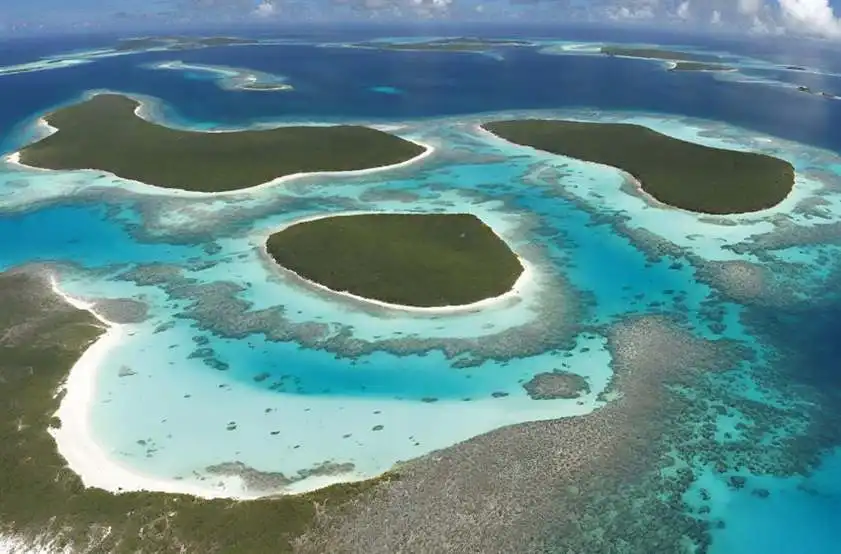
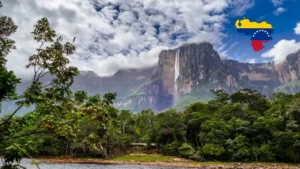
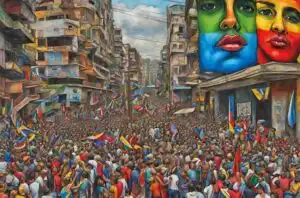
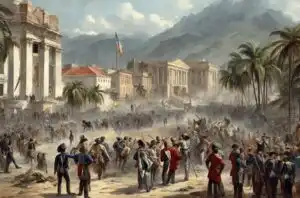
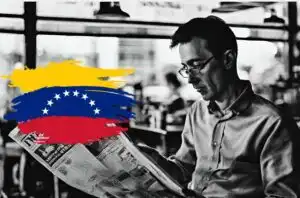


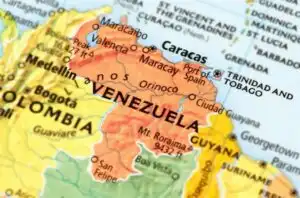
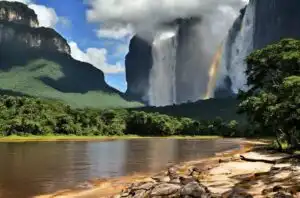
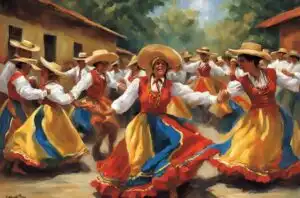
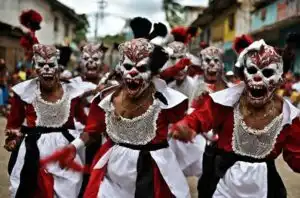
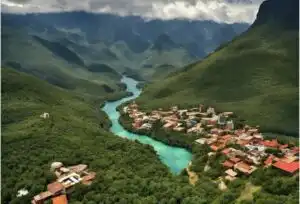
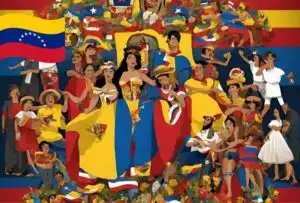
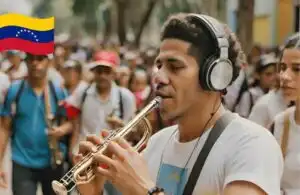
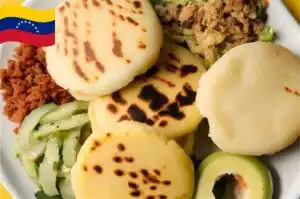
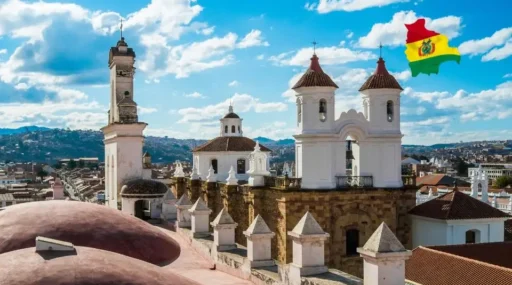
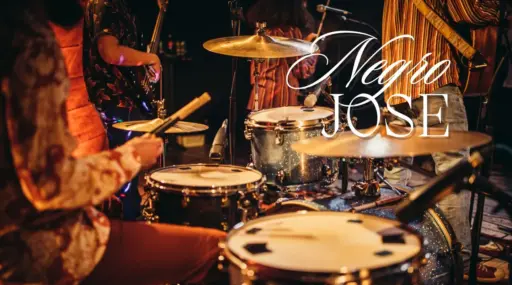
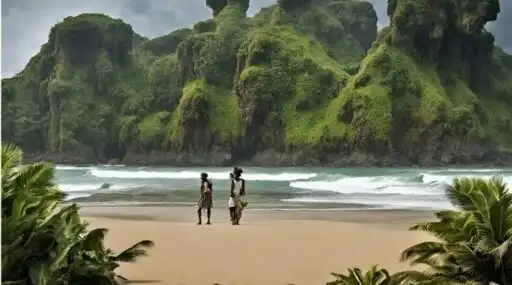
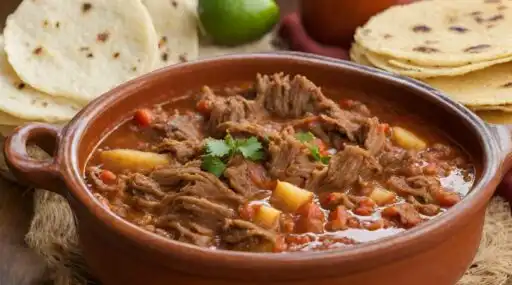
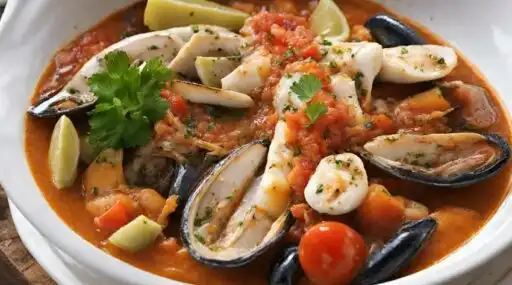

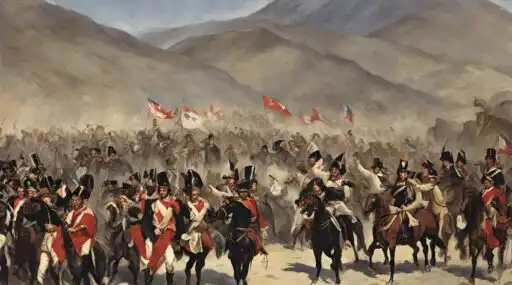


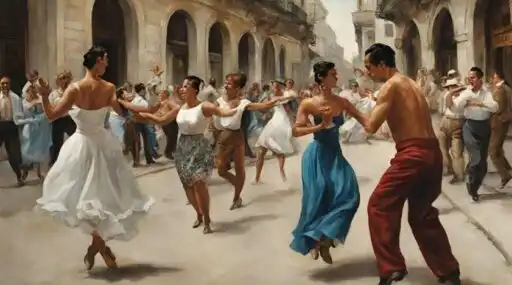


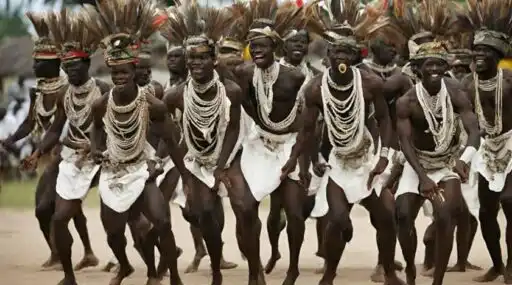




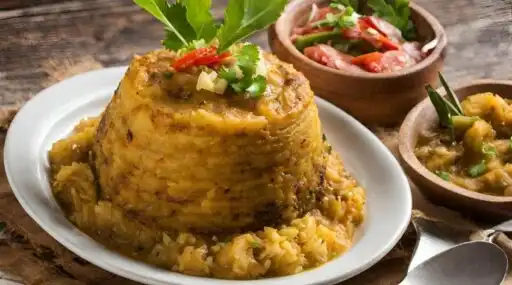



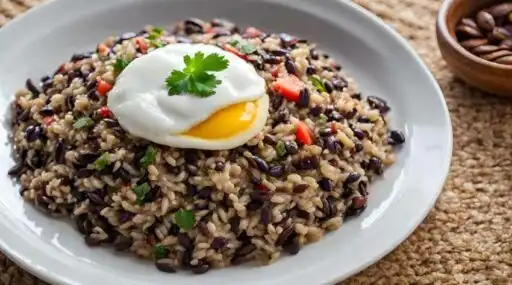

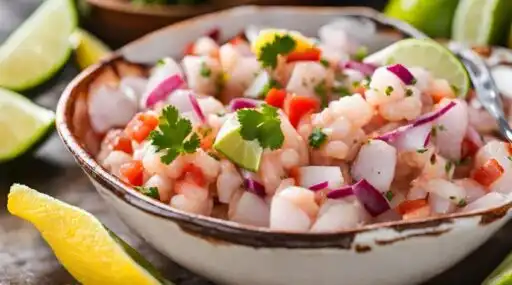
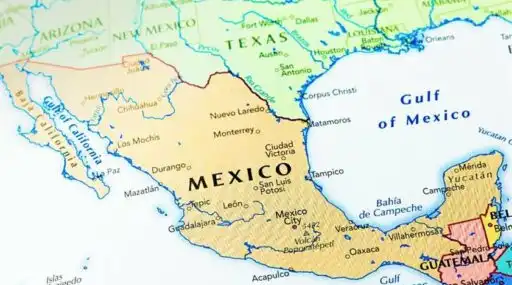
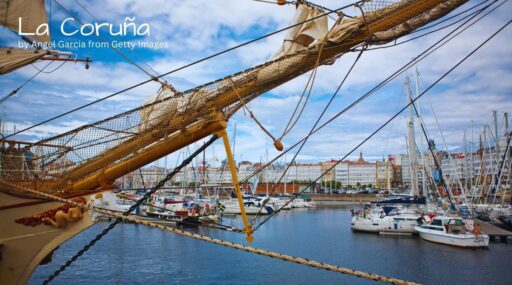
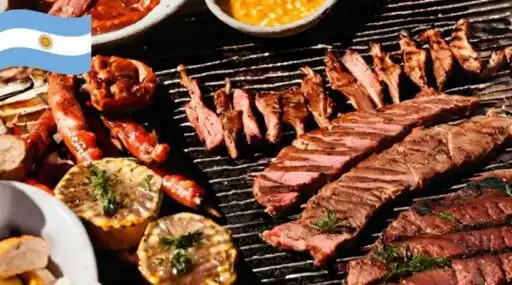
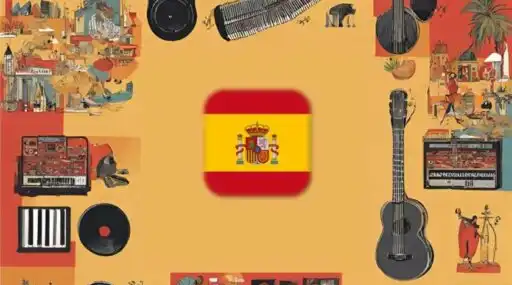
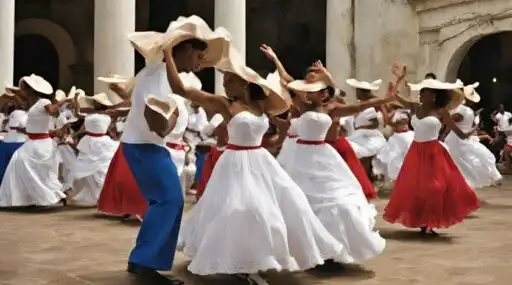
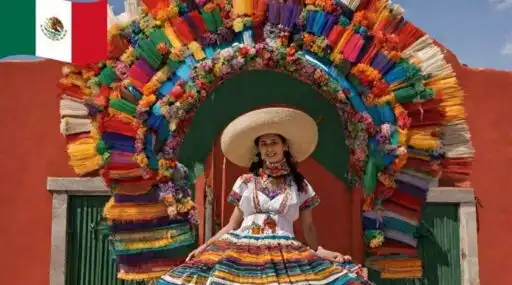
Leave a Reply